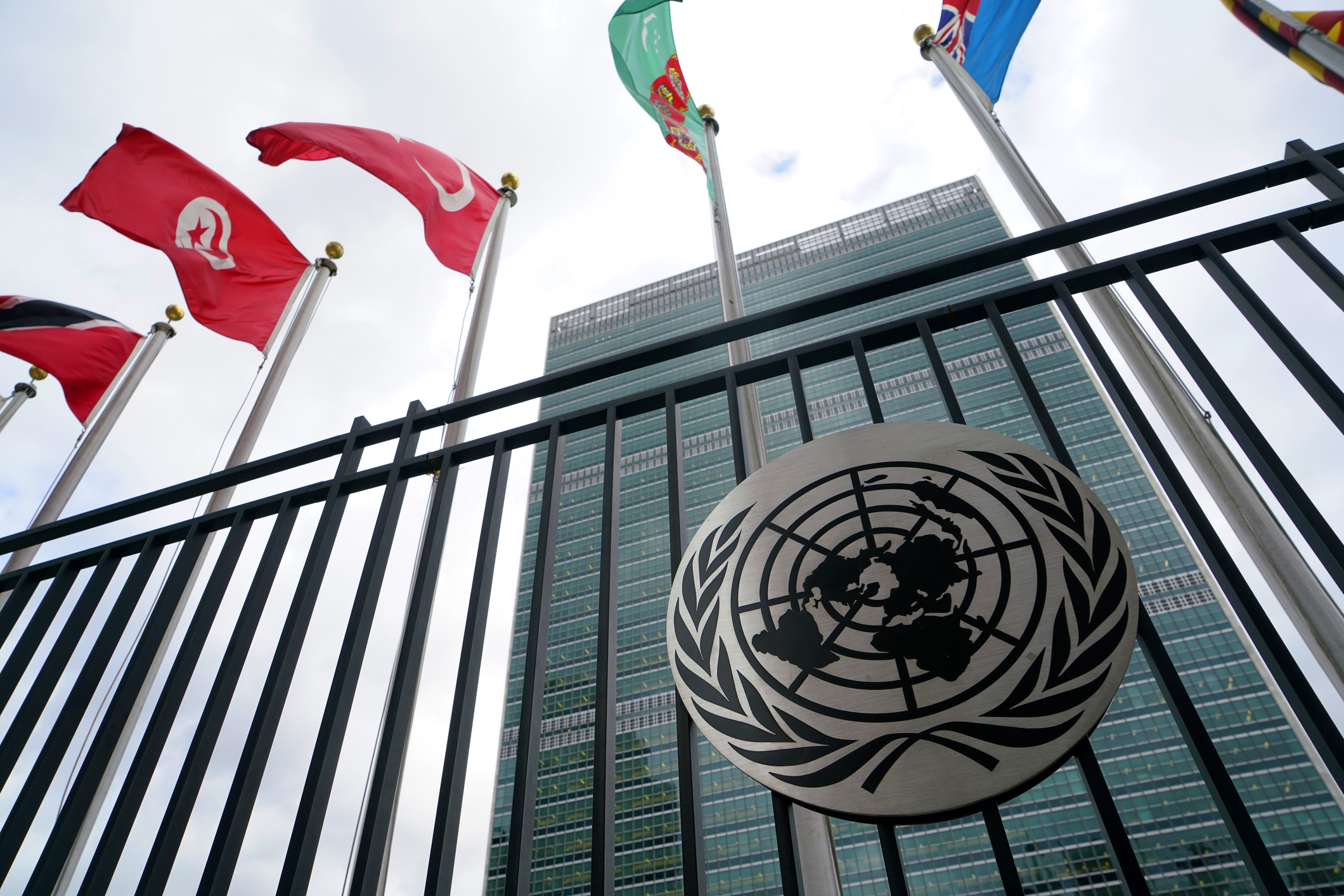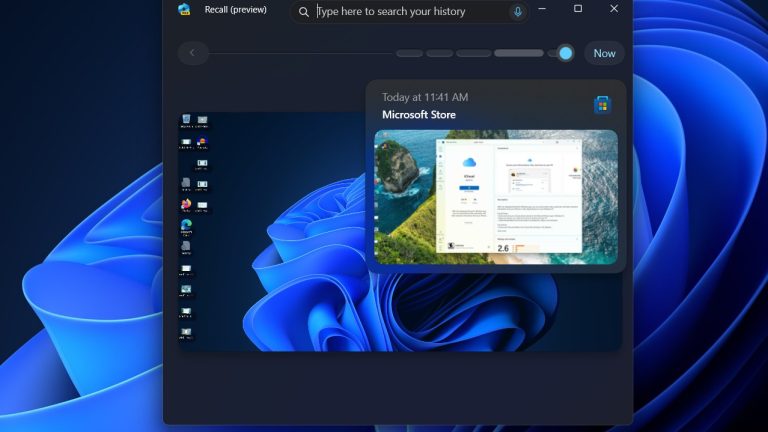A United Nations report released Thursday proposes having the international body oversee the first truly global effort for monitoring and governing artificial intelligence.
The report, produced by the UN secretary general’s High Level Advisory Body on AI, recommends the creation of a body similar to the Intergovernmental Panel on Climate Change to gather up-to-date information on AI and its risks.
The report calls for a new policy dialog on AI so that the UN’s 193 members can discuss risks and agree upon actions. It further recommends that the UN take steps to empower poorer nations, especially those in the global south, to benefit from AI and contribute to its governance. These should include, it says, creating an AI fund to back projects in these nations, establishing AI standards and data-sharing systems, and creating resources such as training to help nations with AI governance. Some of the report’s recommendations could be facilitated by the Global Digital Compact, an existing plan to address digital and data divides between nations. It finally suggests creating an AI office within the UN dedicated to coordinating existing efforts within the UN to meet the report’s goals.
“You’ve got an international community that agrees there are both harms and risks as well as opportunities presented by AI,” says Alondra Nelson, a professor at the Institute for Advanced Study who served on the UN advisory body at the recommendation of the White House and State Department.
The remarkable abilities demonstrated by large language models and chatbots in recent years have sparked hopes of a revolution in economic productivity but have also prompted some experts to warn that AI may be developing too rapidly and could soon become difficult to control. Not long after ChatGPT appeared, many scientists and entrepreneurs signed a letter calling for a six-month pause on the technology’s development so that the risks could be assessed.


 Loading comments...
Loading comments...
